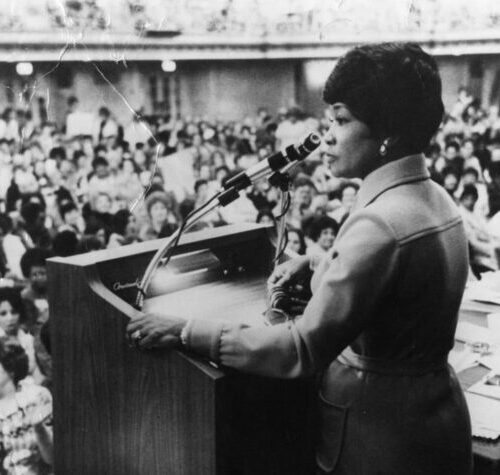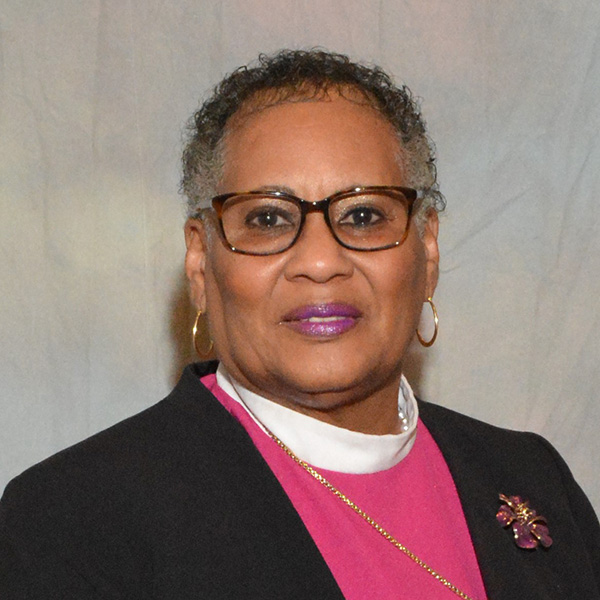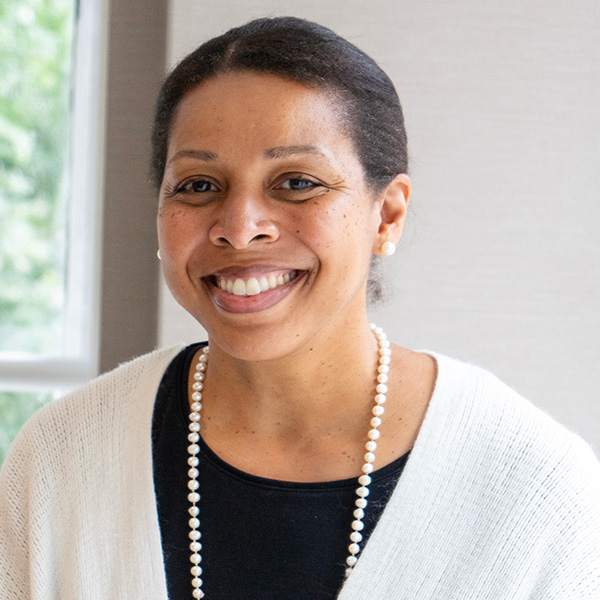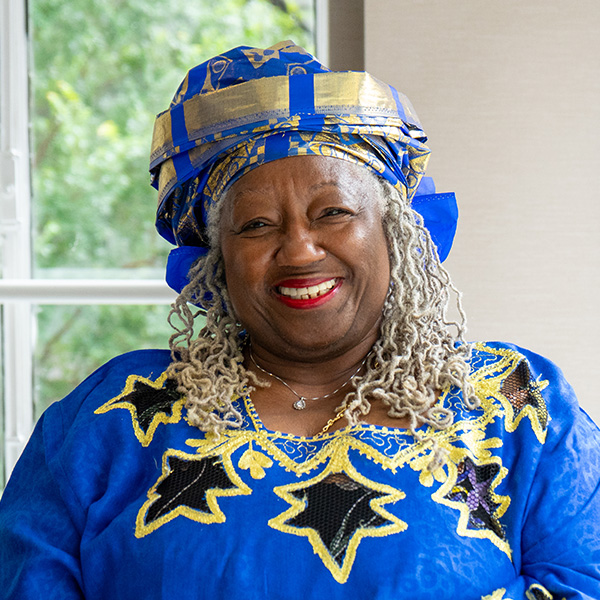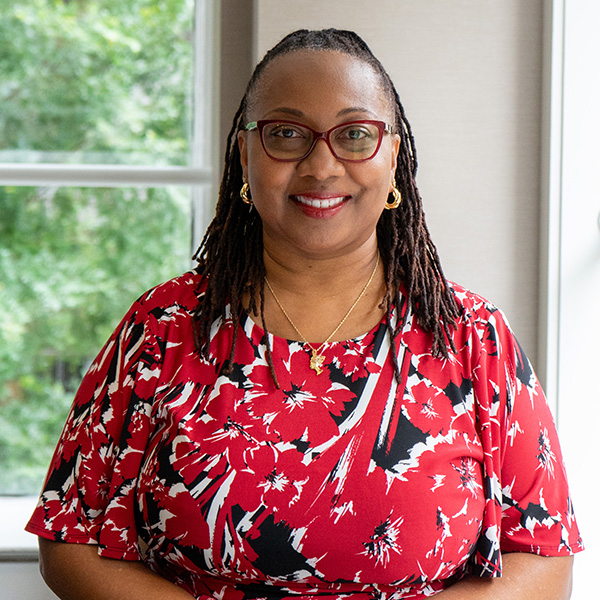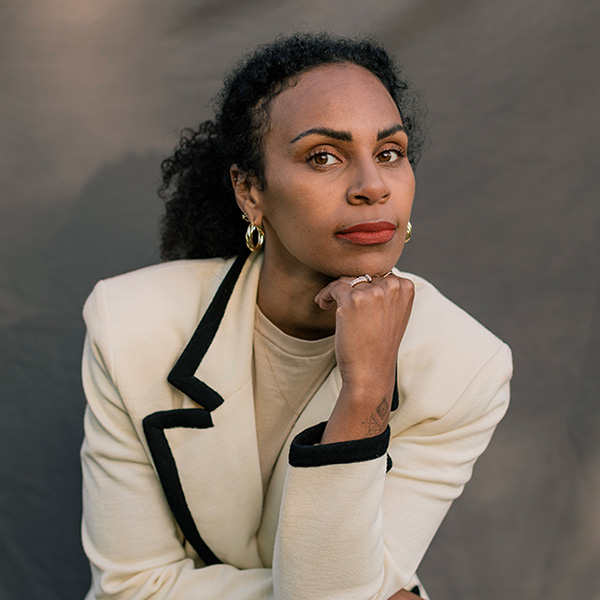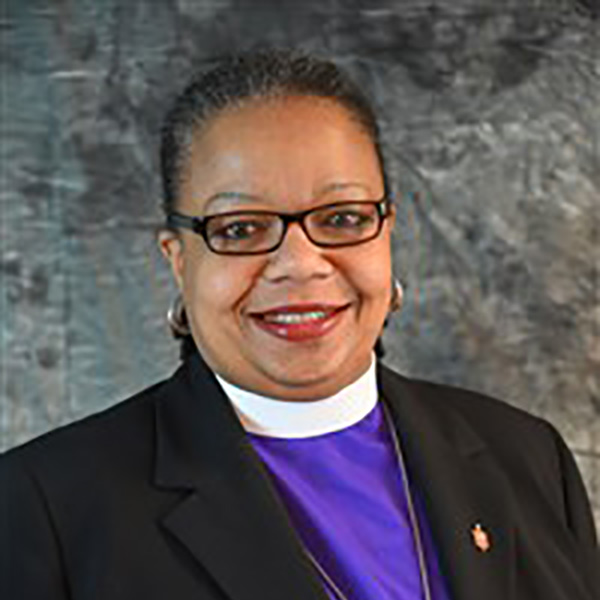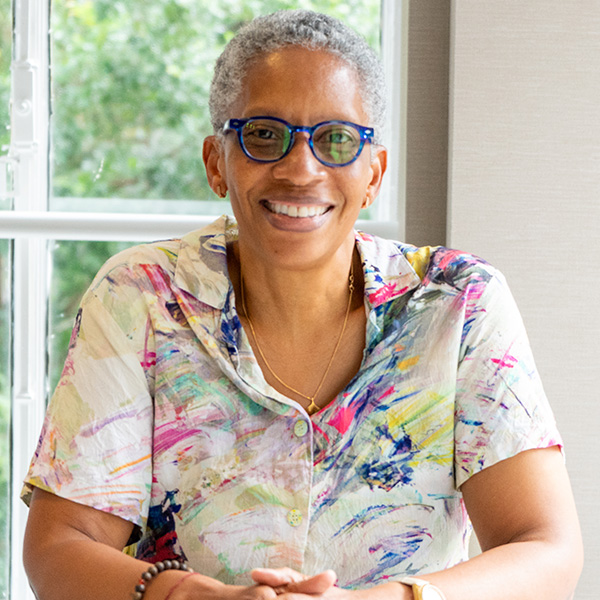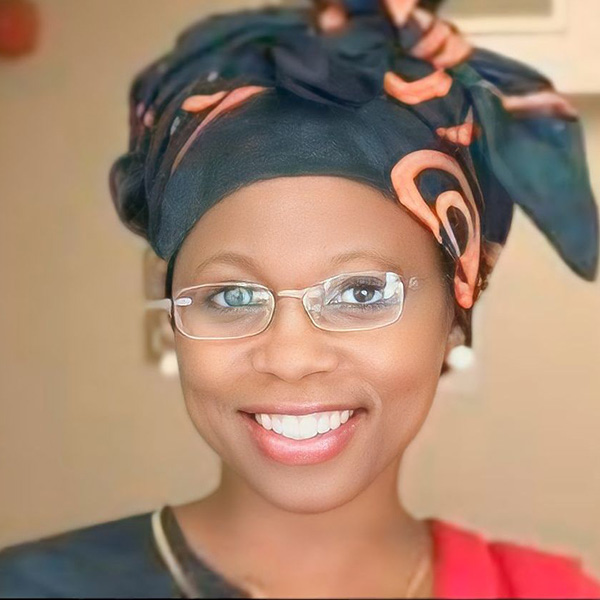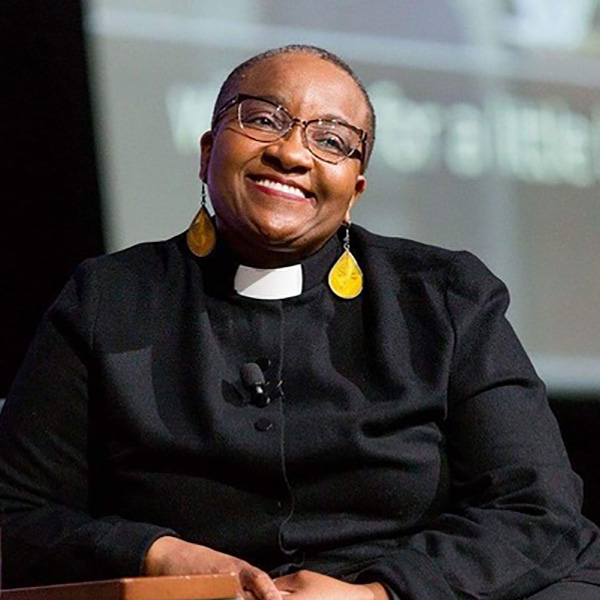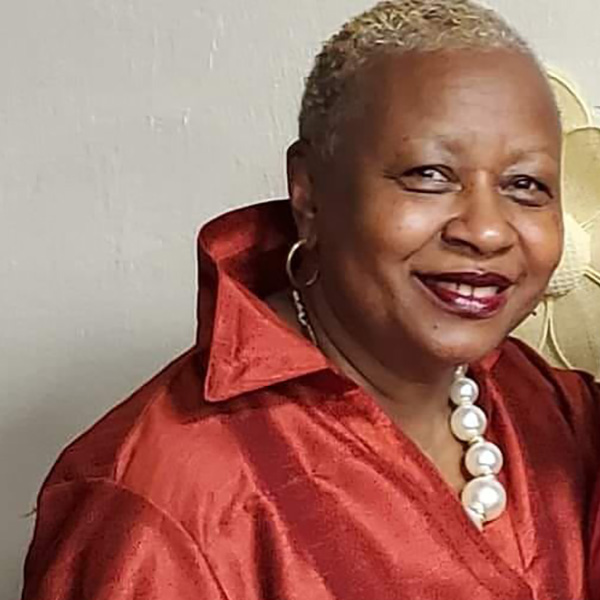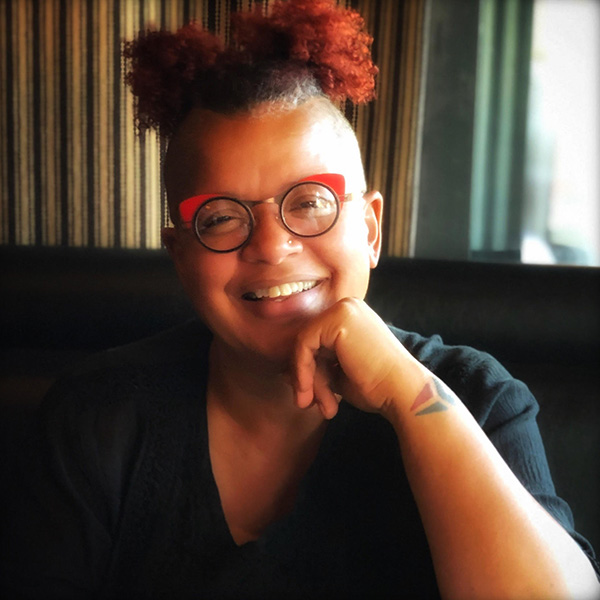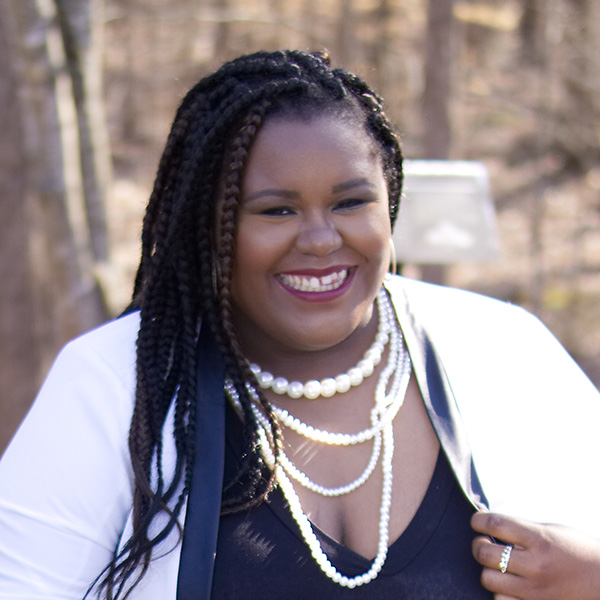Biography
Early Life
Reverend Addie Wyatt is regarded as one of the most influential labor rights activists. She was the firstborn child of a tailor and a teacher in Brookhaven, Mississippi.
Starting at the age of three, she became active in the Langley Avenue Church of God and stayed an active church member throughout her upbringing.
She was bold and energetic, often referred to as an “old child.” Wyatt was inspired by the faith of her mother and grandmother. They told her God would give their family the strength to overcome all obstacles.
When she was very young, Wyatt’s family became part of the Great Migration, leaving the South for Chicago, Illinois. As her family’s financial situation deteriorated, Wyatt began supplementing her parents’ income in her teen years, making her intimately aware of the indignity and suffering of racism and poverty.
She left DuSable High School to marry her husband Claude Wyatt after his graduation in 1940.
UPWA Career
In the wake of the United States’ involvement in World War II, Wyatt began working in the meatpacking industry in 1941. She was disgusted with the deplorable treatment of Black employees and Black women’s substandard wages, and decided to begin organizing with local unions in the early 1950s.
She quickly climbed the ranks of the local United Packinghouse Workers of America (UPWA) to organize with interracial communities to raise wages. She also represented the organization at a national conference. In 1953, she was the first woman to become its local vice president and by 1956, she became a district program coordinator for the UPWA.
Also during this time, Wyatt and her husband solidified their dedication to ministry. In 1955, Wyatt and her husband co-founded the Vernon Park Church of God and served faithfully for the remainder of their lives.
Activism Recognitions
In 1962, Wyatt was appointed by Eleanor Roosevelt to serve on the Commission on the Status of Women. She was ordained as a minister in the Church of God in 1968.
After the UPWA merged with the Amalgamated Meat Cutters and Butcher Workmen of North America in 1968, Wyatt led the organization’s first Women’s Affairs Department as founding director. She was later elected as the first woman to serve as International Vice President in 1976.
In 1972, she became a founding member of the Coalition of Black Trade Unionists. She also co-founded the Coalition of Labor Union Women in 1974.
In 1975, she was named one of TIME Magazine’s “12 Women of the Year.” She was grateful but did not feel it represented the many union women who made achievements for labor rights.
Wyatt became a major proponent of civil rights and the Equal Rights Amendment in her life.
Religious Leadership
Reverend Wyatt always centered her faith in her activism. She believed in the integral role of the church in social progress and civil rights. She spoke at churches across the country to change the submissive role of women. She also practiced a Black feminist liberation theology in her ministry.
Wyatt worked with Dr. Martin Luther King Jr. to organize funding for the Montgomery Improvement Association and the Montgomery Bus Boycott. This led to the founding of Operation Breadbasket and Operation PUSH (People United to Save Humanity).
Wyatt often faced criticism and discrimination in the many spaces she occupied. The majority of the Church of God community did not approve of labor union work, condemning it as immoral and unlawful. In addition, despite the fact that many union members were also Christians, she also faced discrimination from their white leaders.
Although she retired from union work in 1984, Wyatt remained an activist and co-pastor of Vernon Park. She focused her ministry on “reaching beyond the walls” of the church to serve people experiencing homelessness, youth, and older adults.
Reverend Wyatt’s contributions to the well-being and civil rights of African Americans, women, and other marginalized peoples are immense and continue to have far-reaching impacts on American democracy today.
